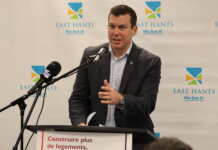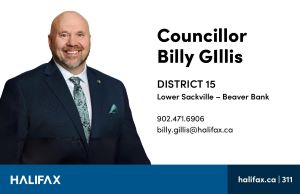HALIFAX: A new report by utility affordability expert Roger Colton proposes a tailor-made program to slash energy poverty rates in Nova Scotia.
A Way Forward: A Made-in-Nova Scotia Home Energy Affordability Program, commissioned by the Nova Scotia Energy Poverty Task Force (NSEPTF), responds to the fact that forty-three per cent of Nova Scotians are struggling to pay their energy bills, the highest proportion in Canada.
“In 40 years of experience in over 40 jurisdictions across North America, I’ve never seen an energy affordability situation as bad as Nova Scotia is in right now,” says Colton.
“Consistently low incomes and volatile spikes in home heating fuels have laid the groundwork for this crisis, but thankfully there’s a way out.”
ADVERTISEMENT:
The report recommends a four-part solution to apply a discount to home energy bills, fund a more realistic payment and forgiveness system for those in debt from energy bills, expand funding for when households face unexpected emergencies and increase home energy efficiency upgrades for low- and moderate-income households.
“Programs like this have been adopted in over 30 other states and provinces, including in Ontario with the Ontario Energy Assistance Program,” says Brian Gifford, chair of the Energy Poverty Task Force and of the Affordable Energy Coalition.
“If this provincial government is serious about addressing affordability and helping Nova Scotians with the cost of living, implementing these recommendations is just common-sense.”
Low- and moderate-income households, rural households, and households heated with oil are particularly vulnerable to energy poverty – when people are paying over six per cent of their after-tax income on heating and electricity.
ADVERTISEMENT:
In a recent survey by Nova Scotia Power, nearly three in four homes in energy poverty delayed paying for necessities like groceries or medication to pay for power at home.
“These are impossible decisions that nobody should have to make,” says Gifford.
“Everyone should be able to access energy without having to go without other basic needs.
“The recommendations in this report show us a way to get there.”






























